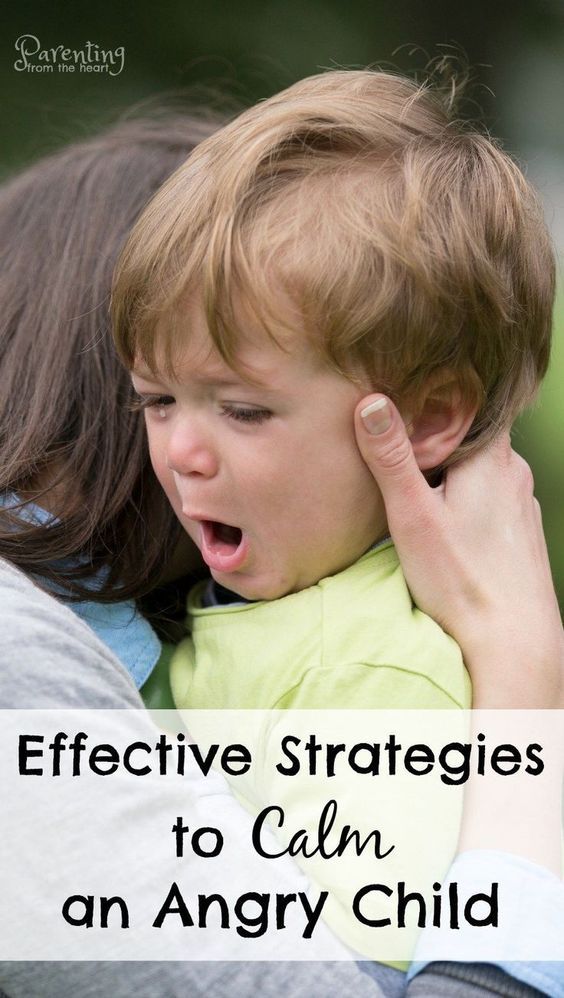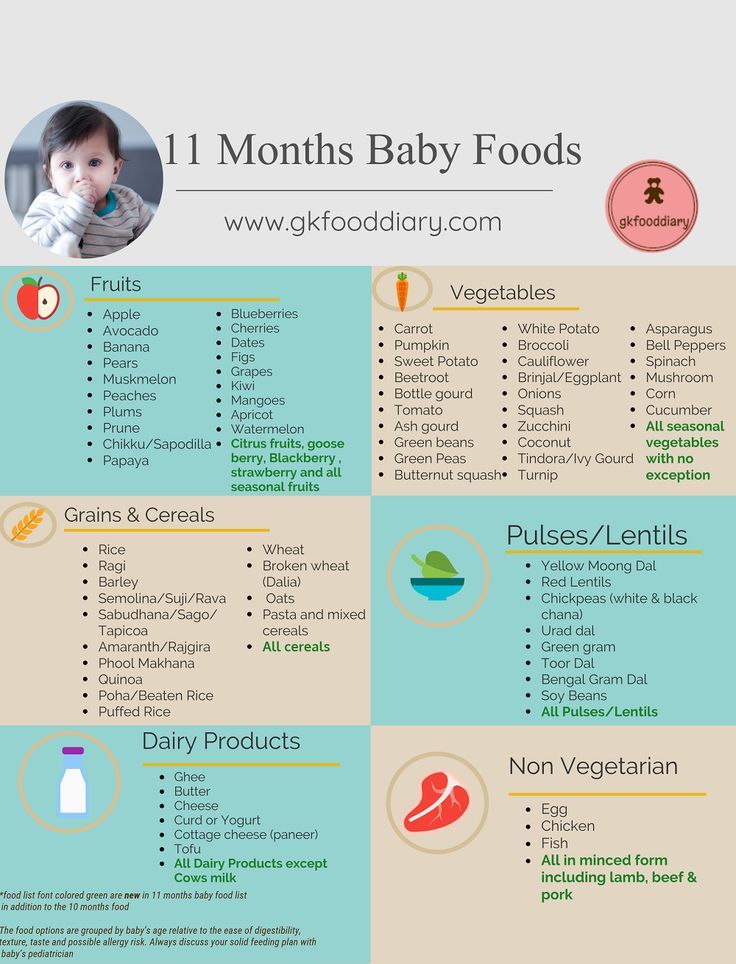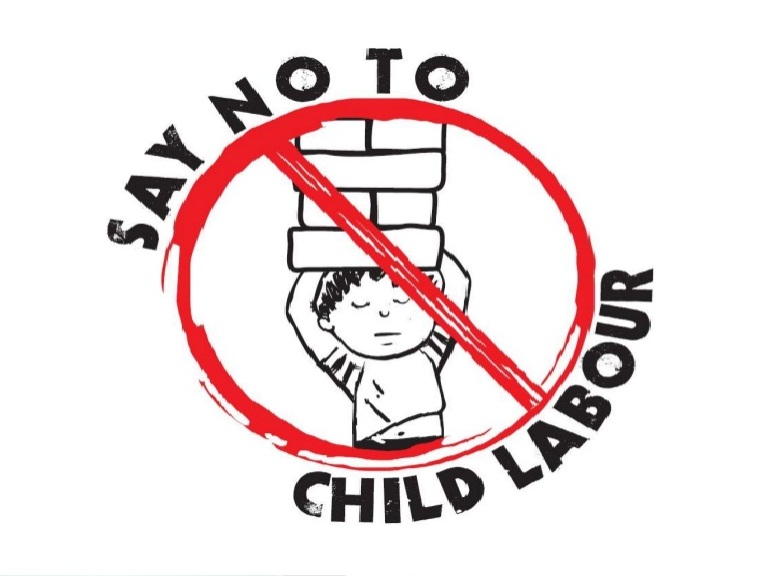How to stay calm when angry at your child
How to Handle Your Anger at Your Child
Every parent gets angry at his or her children sometimes.
It doesn’t help that there are always the endless pressures of life: appointments we’re late to, things we’ve forgotten until the last moment, health and financial worries -- the list is endless. In the middle of that stress, enter our child, who has lost her sneaker, suddenly remembered she needs a new notebook for school today, is teasing her little brother, or is downright belligerent. And we snap.
Source: iStock/Used with Permission
In our more peaceful moments, if we’re honest, we know that we could handle any parenting challenge much better from a state of calm. But in the storm of our anger, we feel righteously entitled to our fury. How can this kid be so irresponsible, inconsiderate, ungrateful or even mean?
But no matter how aggravating we find our child's behavior, that behavior doesn't cause our angry response. We see our child's behavior ("He hit her again!"), and we draw a conclusion ("He's going to be a psychopath!") which triggers other conclusions ("I've failed as a mother!"). This cascade of thoughts creates a run-away train of emotions -- in this case fear, dismay, guilt. We can't bear those feelings. The best defense is a good offense, so we lash out at our child in anger. The whole process takes all of two seconds.
Your child may be pushing your buttons, but he isn't causing your response. Any issue that makes you feel like lashing out has roots in your own early years. We know this because we lose our ability to think clearly at those moments, and we start acting like children ourselves, throwing our own tantrums.
Don't worry. That's normal. We all enter the parenting relationship wounded in some way from our childhoods, and our kids surface all those wounds. We can expect our kids to act out in ways that send us over the cliff at times. That's why it's our responsibility as the grownup to stay away from the cliff.
WHY We Get So Angry at Our Kids
Parents and kids have the ability to trigger each other as no one else can.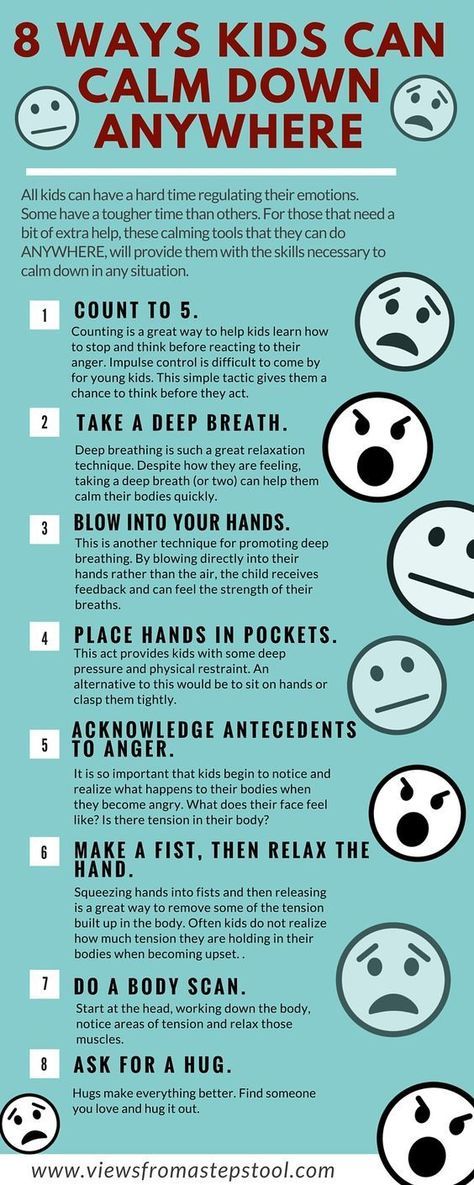 Even as adults we are often irrational in relation to our own parents. (Who has greater power to annoy you and make you act childish than your own mother or father?)
Even as adults we are often irrational in relation to our own parents. (Who has greater power to annoy you and make you act childish than your own mother or father?)
Similarly, our kids push our buttons precisely because they are our children. Psychologists call this phenomenon “ghosts in the nursery,” by which they mean that our children stimulate the intense feelings of our own childhoods, and we often respond by unconsciously re-enacting the past that’s etched like forgotten hieroglyphics deep in our psyches. The fears and rage of childhood are powerful and can overwhelm us even as adults. It can be enormously challenging to lay these ghosts to rest.
It helps to know all this, if we're struggling to cope with anger. Just as important, because it gives us incentive to control ourselves, we need to know that parental anger can be harmful to young children.
What Happens to Your Child When You Scream or Hit
Imagine your husband or wife losing their temper and screaming at you.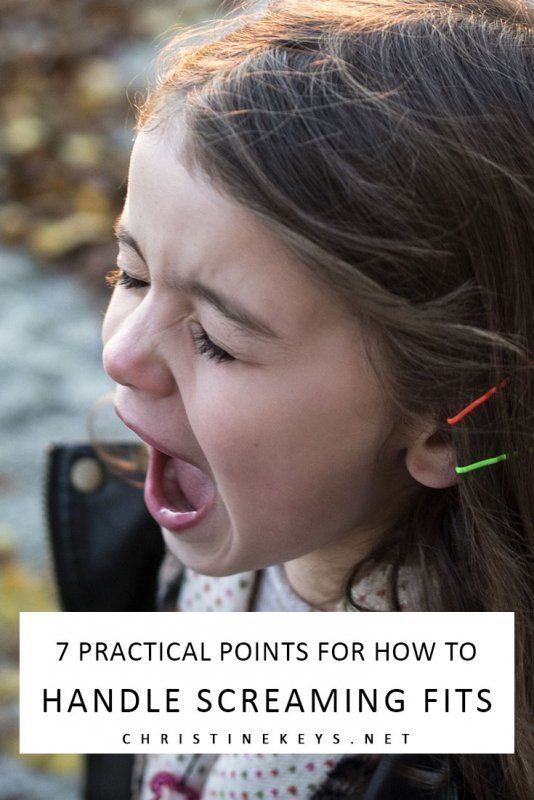 Now imagine them three times as big as you, towering over you. Imagine that you depend on that person completely for your food, shelter, safety, protection. Imagine they are your primary source of love and self-confidence and information about the world, that you have nowhere else to turn. Now take whatever feelings you have summoned up and magnify them by a factor of 1000. That is something like what happens inside your child when you get angry at him.
Now imagine them three times as big as you, towering over you. Imagine that you depend on that person completely for your food, shelter, safety, protection. Imagine they are your primary source of love and self-confidence and information about the world, that you have nowhere else to turn. Now take whatever feelings you have summoned up and magnify them by a factor of 1000. That is something like what happens inside your child when you get angry at him.
Of course, all of us get angry at our children, even, sometimes, enraged. The challenge is to call on our maturity so that we control the expression of that anger, and therefore minimize its negative impact.
Anger is scary enough. Name calling or other verbal abuse, in which the parent speaks disrespectfully to the child, takes a higher personal toll, since the child is dependent on the parent for his very sense of self. And children who suffer physical violence, including spanking, have been proven to exhibit lasting negative effects that reach into every corner of their adult lives, from lowered IQ to stormier relationships to a higher likelihood of substance abuse.
If your young child does not seem afraid of your anger, it’s an indication that he or she has seen too much of it and has developed defenses against it — and against you. The unfortunate result is a child who is less likely to want to behave to please you, and is more open to the influences of the peer group That means you have some repair work to do. Whether or not they show it — and the more often we get angry, the more defended they will be, and therefore less likely to show it — our anger is nothing short of terrifying to our children.
How can you handle your own anger?
Since you’re human, you’ll sometimes find yourself in “fight or flight” mode, and your child will start to look like the enemy. When we're swept with anger, we're physically ready to fight. Hormones and neurotransmitters are flooding our bodies. They cause your muscles to tense, your pulse to race, your breathing to quicken. It's impossible to stay calm at those points, but we all know that clobbering our kids -- while it might bring instant relief -- isn't really what we want to do.
The most important thing to remember about anger is NOT to act while you're angry. You'll feel an urgent need to act, to teach your child a lesson. But that's your anger talking. It thinks this is an emergency. It almost never is, though. You can teach your child later, and it will be the lesson you actually want to teach. Your child isn't going anywhere. You know where she lives.
So commit now to No hitting, No swearing, No calling your child names, No meting out any punishment while angry. What about screaming? Never at your children, that's a tantrum. If you really need to scream, go into your car with the windows rolled up and scream where no one can hear, and don't use words, because those make you angrier. Just scream.
Your children get angry too, so it’s a double gift to them to find constructive ways to deal with your anger: you not only don’t hurt them, you offer them a role model. Your child will certainly see you angry from time to time, and how you handle those situations teaches children a lot.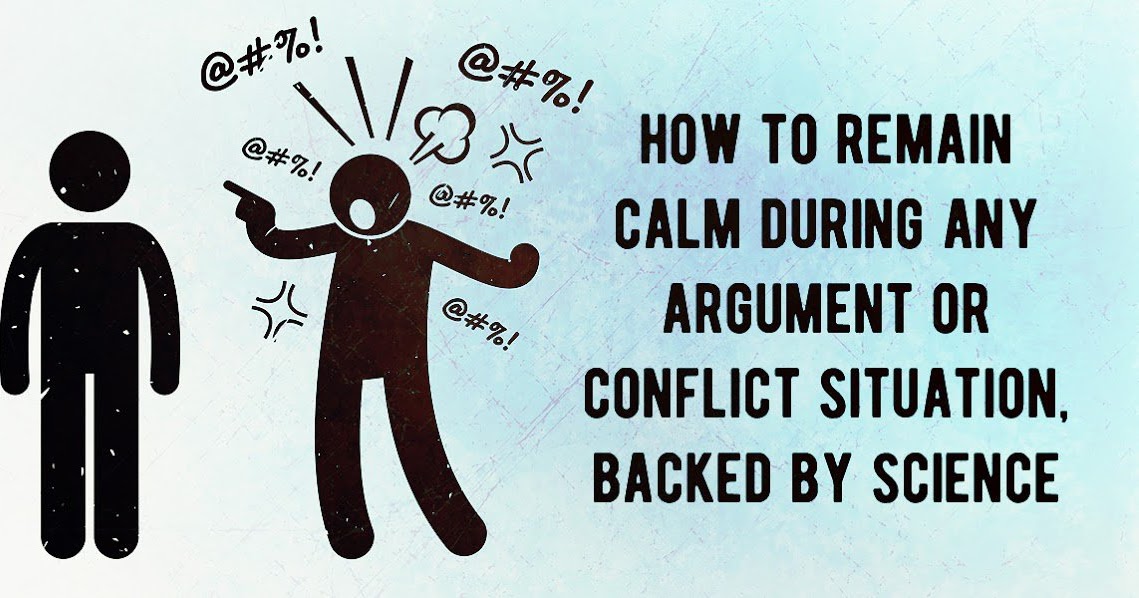
Will you teach your child that might makes right? That parents have tantrums too? That screaming is how adults handle conflict? If so, they'll adopt these behaviors as a badge of how grown-up they are.
Or will you model for your child that anger is part of being human, and that learning to manage anger responsibly is part of becoming mature? Here’s how.
1. Set limits BEFORE you get angry.
Often when we get angry at our children, it’s because we haven’t set a limit, and something is grating on us. The minute you start getting angry, it’s a signal to do something. No, not yell. Intervene in a positive way to prevent more of whatever behavior is irritating you.
If your irritation is coming from you — let’s say you’ve just had a hard day, and their natural exuberance is wearing on you — it can help to explain this to your children and ask them to be considerate and keep the behavior that’s irritating you in check, at least for now.
If the children are doing something that is increasingly annoying — playing a game in which someone is likely to get hurt, stalling when you’ve asked them to do something, squabbling while you’re on the phone -- you may need to interrupt what you’re doing, restate your expectation, and redirect them, to keep the situation, and your anger, from escalating.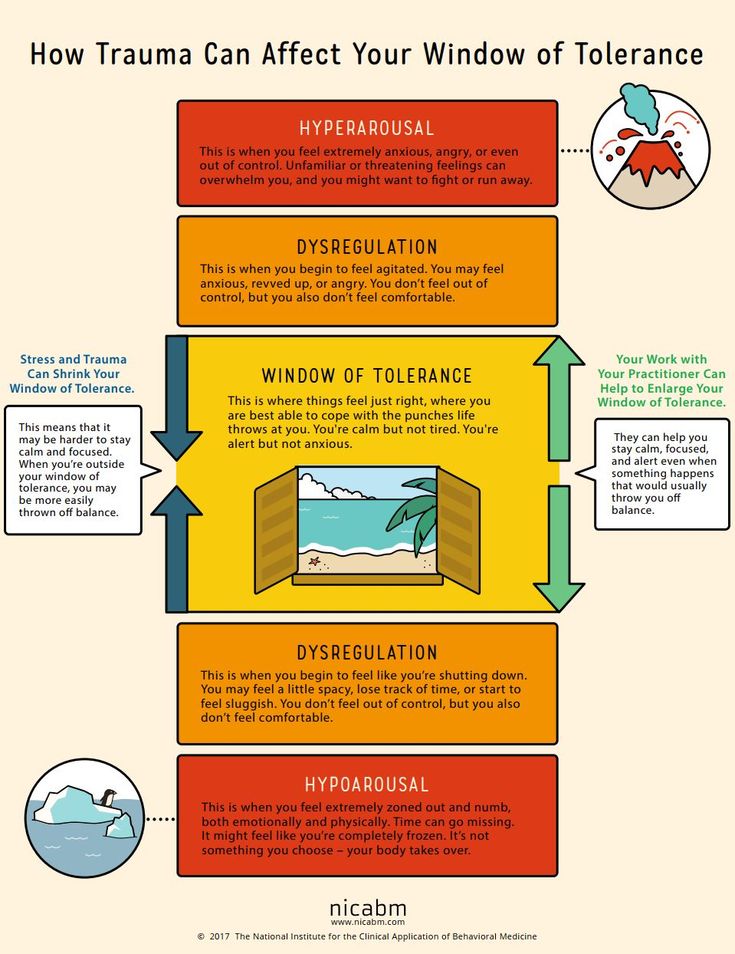
2. Calm yourself down BEFORE you take action.
When you feel this angry, you need a way to calm down. Awareness will always help you harness your self-control and shift your physiology: Stop, Drop (your agenda, just for a minute), and Breathe. That deep breath is your pause button. It gives you a choice. Do you really want to get hijacked by those emotions?
Now, remind yourself that it isn't an emergency. Shake the tension out of your hands. Take ten more deep breaths.
You might try to find a way to laugh, which discharges the tension and shifts the mood. Even forcing yourself to smile sends a message to your nervous system that there's no emergency, and begins calming you down. If you need to make a noise, hum. It can help to physically discharge your rage, so you might try putting on some music and dancing.
If you can find 20 minutes a day for a mindfulness practice, you can actually build the neural capacity so that it's easier to calm yourself in these moments of upset.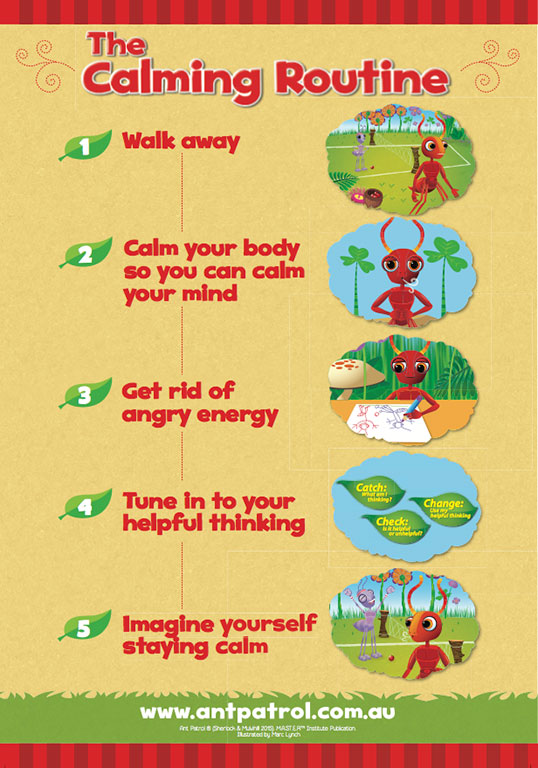 But even daily life with children should give you plenty of opportunities to practice, and every time you do resist acting while you're angry, you rewire your brain so that you have more self control.
But even daily life with children should give you plenty of opportunities to practice, and every time you do resist acting while you're angry, you rewire your brain so that you have more self control.
Some people still follow the timeworn advice to clobber a pillow, but it's best if you can do that kind of discharging in private, because watching you clobber that pillow can be pretty scary for your child. He knows perfectly well that the pillow is a stand-in for his head and the image of crazy hitting mommy will be seared into his memory. I personally think this is a questionable strategy, because research shows that hitting something -- anything -- confirms to your body that indeed this is an emergency and you should stay in "fight or flight." So it may wear you out, but it doesn't get to the feelings driving the anger and may actually make you more angry.
If you can instead breathe deeply and tolerate the angry feelings, you will probably notice that right under the anger is fear, sadness, disappointment. Let yourself feel those feelings and the anger will melt away.
Let yourself feel those feelings and the anger will melt away.
3. Take Five.
Recognize that an angry state is a terrible starting place to intervene in any situation. Instead, give yourself a timeout and come back when you're able to be calm. Move away from your child physically so you won't be tempted to reach out and touch him violently. Just say, as calmly as you can, “I am too mad right now to talk about this. I am going to take a timeout and calm down.”
Exiting does not let your child win. It impresses upon them just how serious the infraction is, and it models self-control. Use this time to calm yourself, not to work yourself into a further frenzy about how right you are.
If your child is old enough to be left for a moment, you can go into the bathroom, splash water on your face, and do some breathing. But if your child is young enough to feel abandoned when you leave, they will follow you screaming. (Even many adult partners will do this.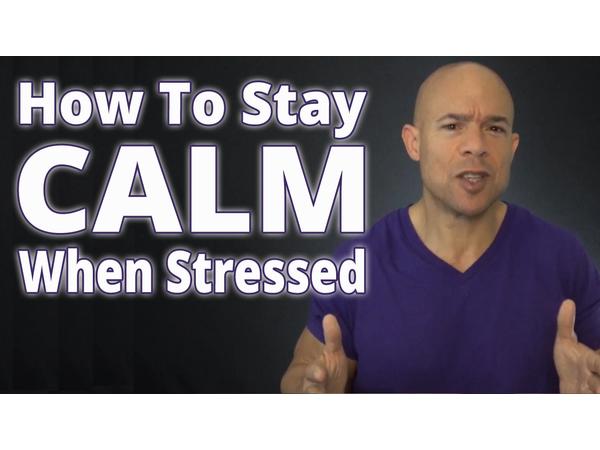 Just saying.)
Just saying.)
If you can't leave your child without escalating their upset, walk to the kitchen sink and run your hands under the water. Then, sit on the couch near your child for a few minutes, breathing deeply and saying a little mantra that restores your calm, like one of these:
- "This is not an emergency."
- "Kids need love most when they deserve it least."
- "He's acting out because he needs my help with his big feelings."
- "Only love today."
It's fine to say your mantra aloud. It's good role modeling for your kids to see you handle your big emotions responsibly. Don't be surprised if your child picks up your mantra and starts to use it when he's angry.
4. Listen to your anger, rather than acting on it.
Anger, like other feelings, is as much a given as our arms and legs. What we’re responsible for is what we choose to do with it. Anger often has a valuable lesson for us, but acting while we're angry, except in rare situations requiring self-defense, is rarely constructive, because we make choices that we would never make from a rational state. The constructive way to handle anger is to limit our expression of it, and when we calm down, to use it diagnostically: what is so wrong in our life that we feel furious, and what do we need to do to change the situation?
The constructive way to handle anger is to limit our expression of it, and when we calm down, to use it diagnostically: what is so wrong in our life that we feel furious, and what do we need to do to change the situation?
Sometimes the answer is clearly related to our parenting: we need to enforce rules before things get out of hand, or start putting the children to bed half an hour earlier, or do some repair work on our relationship with our child so that she stops treating us rudely. Sometimes we're surprised to find that our anger is actually at our partner who is not acting as a full partner in parenting, or even at our boss. And sometimes the answer is that we're carrying around anger we don’t understand that spills out onto our kids, and we need to seek help though counseling or a parents' support group.
5. Remember that “expressing” your anger to another person can reinforce and escalate it.
Despite the popular idea that we need to “express” our anger so that it doesn’t eat away at us, there’s nothing constructive about expressing anger "at" another person. Research shows that expressing anger while we are angry actually makes us more angry. This in turn makes the other person hurt and afraid, so they get more angry. Not surprisingly, instead of solving anything, this deepens the rift in the relationship.
Research shows that expressing anger while we are angry actually makes us more angry. This in turn makes the other person hurt and afraid, so they get more angry. Not surprisingly, instead of solving anything, this deepens the rift in the relationship.
What's more, expressing anger isn't truly being authentic. Anger is an attack on the other person, because you feel so upset inside. True authenticity would be expressing the hurt or fear that's giving rise to the anger — which you might do with a partner. But with your child, your job is to manage your own emotions, not to put them on your child, so you need to be more measured.
The answer is always to calm yourself first. Then consider what the deeper "message" of the anger is, before you make decisions about what to say and do.
6. WAIT before disciplining.
Make it a point NEVER to act while angry. Nothing says you have to issue edicts on the fly. Simply say something like:
“I can’t believe you hit your brother after we’ve talked about how hitting hurts.
I need to think about this, and we will talk about it this afternoon. Until then, I expect you to be on your best behavior.”
Take a 10-minute timeout to calm yourself. Don't rehash the situation in your mind -- that kind of stewing will alway make you more angry. Instead, use the techniques above to calm yourself. But if you’ve taken a ten minute timeout and still don’t feel calm enough to relate constructively, don't hesitate to put the discussion off:
“I want to think about what just happened, and we will talk about it later. In the meantime, I need to make dinner and you need to finish your homework, please.”
After dinner, sit down with your child and, if necessary, set firm limits. But you will be more able to listen to his side of it, and to respond with reasonable, enforceable, respectful limits to his behavior.
7. Avoid physical force, no matter what.
85% of adolescents say they've been slapped or spanked by their parents (Journal of Psychopathology, 2007).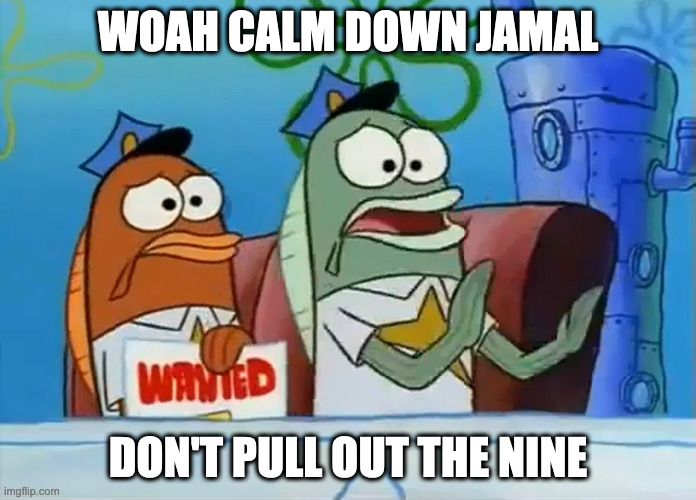 And yet study after study has proven that spanking and all other physical punishment has a negative impact on children’s development that lasts throughout life. The American Academy of Pediatrics recommends strongly against it.
And yet study after study has proven that spanking and all other physical punishment has a negative impact on children’s development that lasts throughout life. The American Academy of Pediatrics recommends strongly against it.
I personally wonder if the epidemic of anxiety and depression among adults in our culture is caused in part by the aftermath of so many of us having grown up with adults who hurt us. Many parents minimize the physical violence they suffered, because the emotional pain is too great to acknowledge. But repressing the pain suffered in childhood just makes us more likely to hit our own children.
Spanking may make you feel better temporarily because it discharges your rage, but it is bad for your child, and ultimately sabotages everything positive you do as a parent. Spanking, and even slapping, has a way of escalating. There's even some evidence that spanking is addictive for the parent, because it gives you a way to discharge that upset and feel better. But there are better ways for you to feel better, that don't hurt your child.
But there are better ways for you to feel better, that don't hurt your child.
Do whatever you need to do to control yourself, including leaving the room. If you can’t control yourself and end up resorting to physical force, apologize to your child, tell him that hitting is never ok, and get yourself some help.
8. Avoid threats.
Threats made while you’re angry will always be unreasonable. Since threats are only effective if you are willing to follow through on them, they undermine your authority and make it less likely that your kids will follow the rules next time. Instead, tell your child that you need to think about an appropriate response to this infraction of the rules. The suspense will be worse than hearing a string of threats they know you won’t enforce.
9. Monitor your tone and word choice.
Research shows that the more calmly we speak, the more calm we feel, and the more calmly others respond to us. Similarly, use of swear words or other highly charged words makes us and our listener more upset, and the situation escalates. We have the power to calm or upset ourselves and the person we are speaking with by our own tone of voice and choice of words. (Remember, you're the role model.)
We have the power to calm or upset ourselves and the person we are speaking with by our own tone of voice and choice of words. (Remember, you're the role model.)
10. Still angry?
Don’t get attached to your anger. Once you’ve listened to it and made appropriate changes, let go of it. If that isn’t working, remember that anger is always a defense. It shields us from feeling vulnerable.
To get rid of anger, look at the hurt or fear under the anger. Maybe your son’s tantrums scare you, or your daughter’s so obsessed with her friends that she’s dismissive of the family, which hurts you. Once you accept those underlying emotions and let yourself feel them, your anger will dissipate. And you'll be more able to intervene constructively with your child to solve what seemed like an insurmountable problem.
11. Make and post a list of acceptable ways to handle anger.
Sometime when things at your house are calm, talk to your kids about acceptable ways to handle anger. Is it ever okay to hit someone? Is it okay to throw things? Is it okay to yell? Remember that since you're the role model, the rules that apply to your child also apply to you.
Is it ever okay to hit someone? Is it okay to throw things? Is it okay to yell? Remember that since you're the role model, the rules that apply to your child also apply to you.
Then, make list together of acceptable ways to handle anger, and post it on your refrigerator where everyone in the family can read it regularly. Let your kids see you check it as you start to get mad.
- "Tell the other person what you want without attacking them."
- "Put on music and dance out your angries."
- "When you want to hit, clap your hands around your own body and hold yourself."
12. Choose your battles.
Every negative interaction with your child uses up valuable relationship capital. Focus on what matters, such as the way your child treats other humans. In the larger scheme of things, his jacket on the floor may drive you crazy, but it isn’t worth putting your relationship bank account in the red over. Remember that the more positive and connected your relationship with your child is, the more likely he is to follow your direction.
13. Consider that you're part of the problem.
If you're open to emotional growth, your child will always show you where you need to work on yourself. If you're not, it's hard to be a peaceful parent, because everything will trigger you to act your worst. In every interaction with our child, we have the power to calm or escalate the situation. Your child may be acting in ways that aggravate you, but you are not a helpless victim.
Take responsibility to manage your own emotions first. Your child may not become a little angel overnight, but you'll be amazed to see how much less angry your child acts once you learn to stay calm in the face of her anger.
14. Keep looking for effective ways to discipline that encourage better behavior.
There are hugely more effective ways to discipline than anger, and, in fact, research shows that disciplining with anger sets up a cycle that encourages misbehavior.
Some parents are surprised to hear that there are families where children are never punished, even with consequences or timeouts, and parental yelling is infrequent. Limits are set, of course, and there are expectations for behavior, but these are enforced through the parent-child connection and by helping children with the needs and upsets that drive their "bad" behavior. The research is clear that these families produce children who take more responsibility for their behavior at an earlier age and are the best-adjusted emotionally.
Limits are set, of course, and there are expectations for behavior, but these are enforced through the parent-child connection and by helping children with the needs and upsets that drive their "bad" behavior. The research is clear that these families produce children who take more responsibility for their behavior at an earlier age and are the best-adjusted emotionally.
15. If you frequently struggle with your anger, seek counseling.
There’s no shame in asking for help. The shame is in reneging on your responsibility as a parent by damaging your child physically or psychologically.
How to Control Your Anger with Kids
Why is it so difficult to control our anger with our kids? There are many reasons, but I think it’s mainly because we allow ourselves to get angry and lose control. When we react emotionally to our kids and lose control, we’re allowing our kids to determine how we behave rather than the other way around.
Too often, parents react to their kids without thinking. Parents believe they need to get their kids under control immediately, rather than taking a moment to think, “Wait, let me first get myself under control before I respond to my child.”
Parents believe they need to get their kids under control immediately, rather than taking a moment to think, “Wait, let me first get myself under control before I respond to my child.”
The best way to prevent yourself from losing control is to understand what sets you off and to recognize when you begin to lose control. This is a critical skill for parents to have. Fortunately, it’s a skill that parents can learn.
When you try to manage your child’s behavior instead of your anxiety, what you’re saying is, ‘I’m out of control. I need you to change so that I can feel better.
Here’s a secret: when you get yourself under control, your kids will also usually calm down. Remember, calm is contagious—and so is anxiety. It’s been proven that a parent’s anxiety about their child contributes significantly to the anxiety of their child.
Think of it this way: if you can’t get calm and in control then you’re creating the exact atmosphere you’re trying to avoid.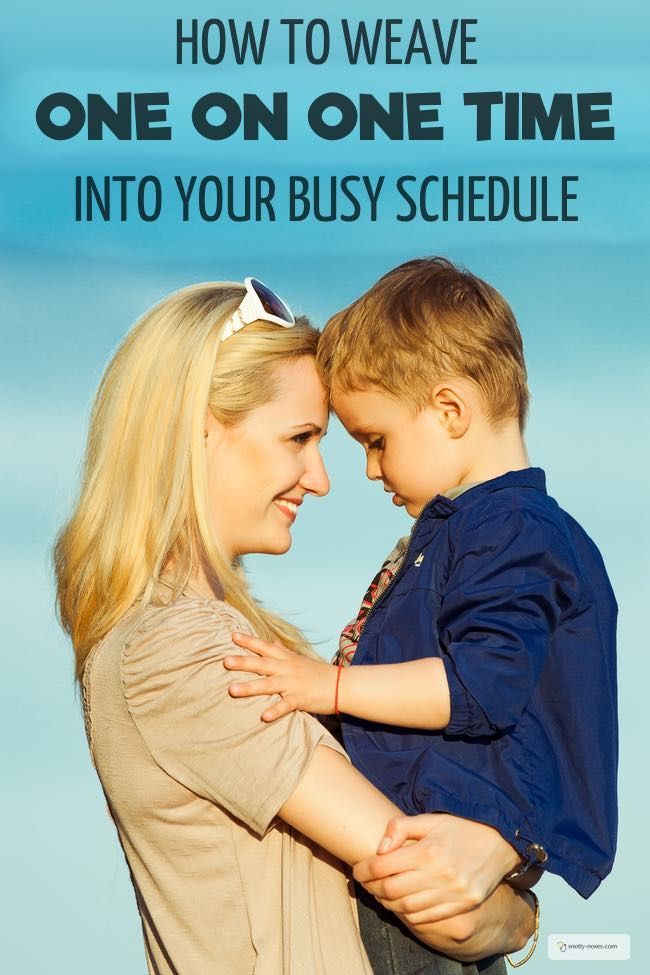
Here’s an example. Let’s say you’re teaching your child how to ride a bike. Your child is not getting it and is being whiny and cranky and talks back to you. Your emotions are a combination of frustrated, annoyed, angry, and disappointed. You somehow feel responsible to teach him how to ride this bike, and he just won’t cooperate.
Then you yell at your child, and your child continues to struggle. Then it gets worse because he’s so anxious that he can’t concentrate. He’s feeling pushed to do something and he reacts to it by failing.
When this happens, instead of snapping and reacting, just ask yourself, “How do I stay calm so that I can be helpful for my child to get to where he needs to be?”
Remind yourself that you’re not responsible to get him to ride the bike, you’re responsible to stay calm and provide guidance. From there, you can think about the most effective way to help him learn.
In the end, if we lose control and get angry then we create the failure that we’re trying to avoid.
Indeed, when we lose control and get angry in front of our kids, what we’re communicating is “There are no grown-ups at home.” We’re saying that we can’t manage our anxiety. And when you try to manage your child’s behavior instead of your anxiety, what you’re saying is, “I’m out of control. I need you to change so that I can feel better.”
No one wants to lose control and get angry—we don’t do it on purpose. But it just seems to happen. Fortunately, there are things you can do to train yourself to stay calm. Below are several techniques to control your anger and stay calm when dealing with your child.
Make a Commitment To Stay in Control
Commit yourself to try to stay in control from now on. Notice what sets you off—is it your child ignoring you? Or does backtalk drive you up the wall?
It’s not always easy to stay in control and no one can control their temper 100 percent of the time. Nevertheless, commit to be calm and work toward that goal.
Usually, the first thing is to just commit yourself to not saying anything, to not reacting at all when the feeling of anger towards your child arises.
Give yourself a moment to do whatever it is you need to do to get calmer. I walk out of the room. Sometimes I go into the bedroom or bathroom, but I leave the situation temporarily. Remember, there’s nothing wrong with disconnecting. You don’t have to react to your child.
Expect Your Child To Push Your Buttons
We get upset when our kids don’t do what we want them to do. They don’t listen or they don’t comply.
I think the best solution is to expect and accept that your child is going to push your buttons and to not take it personally. In a sense, your child is doing her job—she’s testing her limits.
Likewise, it’s your job to remain calm and make sure that your child knows where the limits are and, when she exceeds those limits, that she is held accountable.
Know What You Are and Are NOT Responsible For as a Parent
Some parents are confused about what they are and are not responsible for. And when they take responsibility for things that belong to their child, they inevitably get frustrated.
Stay aware of what belongs to you and what belongs to your child. In other words, what belongs in your box and what belongs in your child’s box.
A box has boundaries, and it has personal space within those boundaries. In your box are your thoughts, feelings, and responsibilities. In your child’s box are his thoughts, feelings, and responsibilities.
Once you know whose box is whose then parents should stay in their own box and stay out of their child’s box. This doesn’t mean you don’t parent, it just means you influence your child but you don’t control him.
Your child has responsibilities that he needs to meet in life. Those are in his box. Those belong to your child, not you.
If you always think you’re responsible for how things turn out, then you’re going to be in your child’s way and that’s going to create more stress and anxiety.
A parent who successfully stays out of her child’s box would say the following to her child:
“I’m responsible for helping you figure out how to solve the problem. But I’m not responsible for solving the problem for you.”
If you feel like you’re responsible for solving your child’s problems, then he’s not going to feel like he has to solve them himself. You’re going to become more and more agitated and try harder and harder. And the more you try, the less your child tries. It’s counterproductive.
Parents do have responsibilities. Parents should coach their child when necessary. And parents should set the rules of the family and hold their kids accountable for those rules by giving them effective consequences. The rest is up to the child.
Related content: How to Give Kids Consequences That Work
Don’t Worry About the Future
Sometimes, we fast forward to the future and wonder if this is how our kids will be the rest of their lives. We wonder how they will make it in the real world if they won’t even do their homework.
The more we think about their future, the more our anxiety goes up. In our heads, we start worrying that we’re not doing a good job as parents. We worry that we don’t know what to do to get them under our control.
Psychologists have a term called thinking errors. Thinking errors are the thoughts we have in our head that don’t match reality and are usually negative and self-defeating. One of those thinking errors is our natural tendency to assume the worst possible outcome for a given situation. In reality, things rarely turn out as bad as we imagined. It seems our brains just love to scare us.
Therefore, stay in your box and focus on what you can do in the present. The future is up to your child and you don’t have control over it no matter how hard you try. And if you do try, your anxiety just goes up and things get worse for both of you.
Prepare for Your Anxiety
Notice what triggers your anxiety and try to prepare for it. You might observe that every day at five o’clock, your family’s nerves are on edge. Everyone is home from work or school, they’re hungry, and they’re decompressing.
Ask yourself: “How am I going to handle this when I know my teen is going to come screaming at me? What do I do when she asks to use the car when she knows I’m going to say no?”
Prepare yourself now for the conflict that you know is coming.
Say to yourself: “This time, I’m not getting into an argument with her. Nobody can make me do that. I’m not giving her permission to push my buttons.”
Your stance should be, “No matter how hard you try to drag me into an argument, it’s not going to happen.”
Let yourself be guided by the way you want to see yourself as a parent instead of by your emotional feelings.
Use Positive Self-Talk
Talk to yourself. Yes, talk to yourself.
In your head, you can say something like, “I’m not going to react to my child’s behavior. I’m going to step back. I’m going to take a deep breath.”
Self-talk may seem hokey, but it’s a powerful tool. Behavior psychologists have known about the power of positive self-talk for decades. You can control the voice in your head so that it produces calm instead of anxiety.
Ask yourself “What’s helped me in the past?” Start thinking about what’s helped you to manage your anxiety in the past. What’s helped to soothe you through something that makes you uncomfortable?
Say something to yourself every time you feel your emotions rising. It can be anything from “Stop” or “Breathe” or “Slow down” to “Does it really matter?” or “Is this that important?” Experiment and use the words that help you stay in control.
I keep a mental picture handy to calm myself down. I think of a beautiful place that I love that always relaxes me. Try to come up with that mental picture for yourself. Visualizing that place ahead of time will increase your ability to go there more automatically when you feel yourself becoming angry with your child.
Take a Deep Breath
Take a deep breath when you feel yourself escalating—and take a moment to think things through. There is a big difference between responding and reacting.
When you respond, you’re taking some time to think about what you want to say.
In contrast, when you react, you’re just on autopilot. It’s all knee-jerk.
As much as possible, you want to respond thoughtfully to what your child is saying or doing. Make sure that you take that deep breath before you respond to your child because that extra moment will give you a chance to think about what you want to say.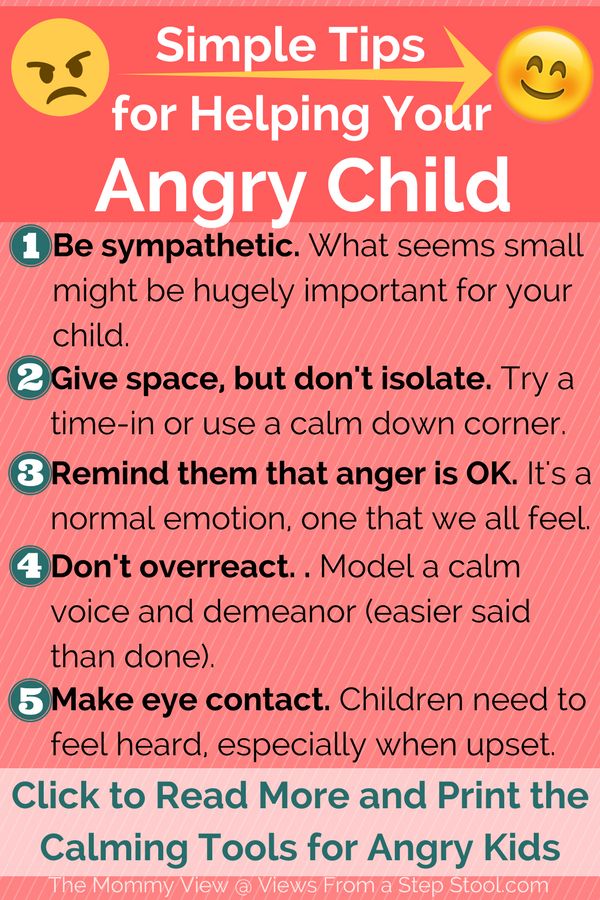
Sometimes, to keep a pot from boiling over, you just have to take the lid off for a few seconds to let it breathe.
Visualize a Positive Relationship with Your Child
Picture your ideal relationship with your child five or ten years from now. Ask yourself, “Is how I’m responding to my child now going to help me have the relationship that I want? Is my response going to help me reach my goal?”
This doesn’t mean that you give in to your child’s demands or tolerate your child’s inappropriate behavior. Instead, it means that you treat your child with respect—the way you want her to treat you. It means that you talk to your child the way you would want your child to talk to you.
Always keep the picture of the ideal relationship in your head. Make that picture the goal. Ask yourself, “Will my angry response be worth it?” If your goal is to have a solid relationship with your child, will your reaction get you closer to that goal?
Conclusion
When your child is aggravating you, your thinking process at that moment is very important. The goal is to be as objective as we can about our behavior and our child’s behavior.
The goal is to be as objective as we can about our behavior and our child’s behavior.
Ask, “What’s my kid doing right now? What’s he trying to do? Is he reacting to tension in the house?”
You don’t have to get her to listen, but you do have to understand what’s going on—and figure out how you’re going to respond to what’s going on. Then you can stay on track and not give in to angry impulses that are counter-productive.
The thinking process itself helps us to calm down. As parents, what we’re working toward is “What’s within my power to do to get myself calm?”
The less we can react, the better. And the more we think things through, the more positive the outcome will be. That’s the crux of what we’re talking about here: responding thoughtfully rather than simply reacting.
Someone once said, “Response comes from the word responsibility.” In that sense, managing our anger is taking responsibility for how we want to act rather than having a knee-jerk reaction when our buttons are pushed.
And if we can get our thinking out in front of our emotions, we’re going to do better as parents. That’s the goal.
Related Content: Out of Control Child: Stopping the Family Anxiety Cycle
How to stay calm when your child is having a tantrum: 7 tips from a psychologist
The signal is actually that the child needs your help, even when he behaves disgustingly (especially when he behaves disgustingly!).
Maybe we should have put him to bed an hour earlier or spent more time with him, or maybe we just need to let him cry and scream to get rid of the accumulated tears and fears. But we cannot accept this signal and take action when we are controlled by our own fear and anger. Calmness is essential to solve any problem.
So how can you stay calm during a childish tantrum without going over to the dark side? Here is what the psychologist advises, whose recommendations are given by the blog Aha! parenting.
Be aware of your annoyance
Sometimes we don't even notice that we have already crossed over to the dark side. But, as a rule, we can feel how the irritation grows inside us, how we begin to ignite. What I mean? We begin to mentally enumerate the reasons why we are right, and our children are ungrateful wretches. Once you start to ignite, the firestorm becomes unavoidable. If you find yourself mentally discussing your child in a negative way, STOP. Forget about the reason for the quarrel (for a while). Take a deep breath to stop the frenzied train of your anger.
But, as a rule, we can feel how the irritation grows inside us, how we begin to ignite. What I mean? We begin to mentally enumerate the reasons why we are right, and our children are ungrateful wretches. Once you start to ignite, the firestorm becomes unavoidable. If you find yourself mentally discussing your child in a negative way, STOP. Forget about the reason for the quarrel (for a while). Take a deep breath to stop the frenzied train of your anger.
Pause yourself
Even if you're already down that rabbit hole, even if you're already screaming, STOP. Take a deep breath and press pause. Shut your mouth, even if you didn't finish. There is nothing to be ashamed of, you are learning to manage your anger. You will be shy when you throw a tantrum yourself.
Take a break
Don't try to solve a problem with your child when you're angry. Calm down and regroup so you can hear the signal behind your anger. Are you worried about your child's behavior? Are you angry with your spouse? Are you angry at your child's normal, age-appropriate behavior because you're just really tired?
Feel the emotions in your body.
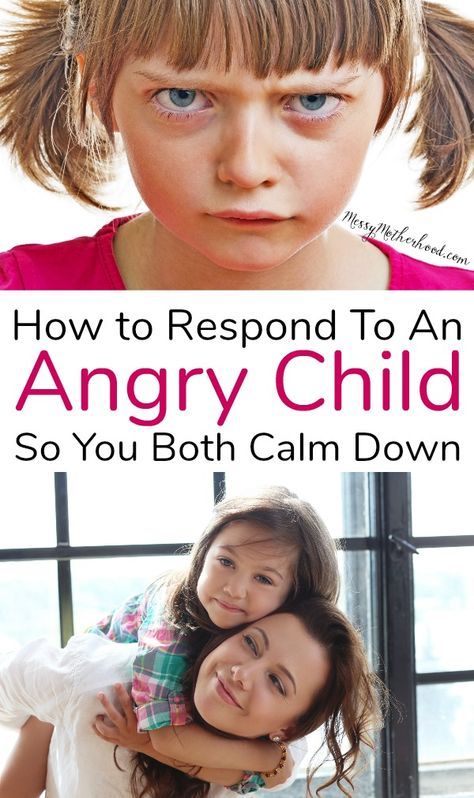
I'm not suggesting that you swallow your anger, just try not to go along with it. Instead, feel the anger bubbling up inside of you. Feel something tighten in your stomach, feel your breath catch in anger. Fill these tense places with your breath. As soon as you become aware of this tension in your body, it immediately begins to change and melt. This is the secret of mindfulness – as soon as we accept our emotions, they begin to disappear.
Change your state of mind
To change how you feel about a problem, you need to redirect your thoughts in a different direction. If you think it's time to teach your child a lesson, you'll get angry again. If you remind yourself that he is acting like a child because he is the child who needs your love the most when he deserves it the least, your feelings will begin to change in the right direction.
Start over
Ask your child's forgiveness for being so angry and tell them that now you will start all over again. Take control of yourself this time. Sympathize. Listen to how your child is feeling and try to see the situation from their point of view. Refrain from looking for someone to blame, but rather try to find a solution that is acceptable to both of you. Perhaps your child broke something (not necessarily something material) - ask him what can be done to fix it. But always start by listening and empathizing.
Take control of yourself this time. Sympathize. Listen to how your child is feeling and try to see the situation from their point of view. Refrain from looking for someone to blame, but rather try to find a solution that is acceptable to both of you. Perhaps your child broke something (not necessarily something material) - ask him what can be done to fix it. But always start by listening and empathizing.
Practice constantly
I won't lie to you. It's really hard, it's one of the hardest things you'll ever do. If before that you were acting out of control, now you are teaching your brain new patterns of self-discipline. It takes time. Fortunately, each time you resist anger, you change your brain a little, which means that anger management will become easier and easier for you.
Of course, sometimes you will lose your temper. But if you keep exercising and noticing your emotions, then with each new tantrum of your child, you will notice how you become calmer. At some point, you will notice that it has become very difficult to piss you off in general. You will still act like a child sometimes as long as you live with children, but your reactions will be different. Much less anger and much more love.
At some point, you will notice that it has become very difficult to piss you off in general. You will still act like a child sometimes as long as you live with children, but your reactions will be different. Much less anger and much more love.
Read more about tantrums and reactions to them:
- Scandals, intrigues, tantrums: why it is difficult for children to cope with emotions and how they can be helped
- How to help a child if you have yelled at him
- “It is impossible to raise a child without some kind of criticism in the framework of feedback”: an excerpt from Good News About Bad Behavior
- “Our job is to help children grow up. But can we be sure that humiliation teaches something?: an excerpt from the book “Punishments are useless!”
How to stay calm when your child has a tantrum: 7 tips from a psychologist | B&R
All parents are angry with their children. There is nothing wrong with feeling angry, anger is a signal.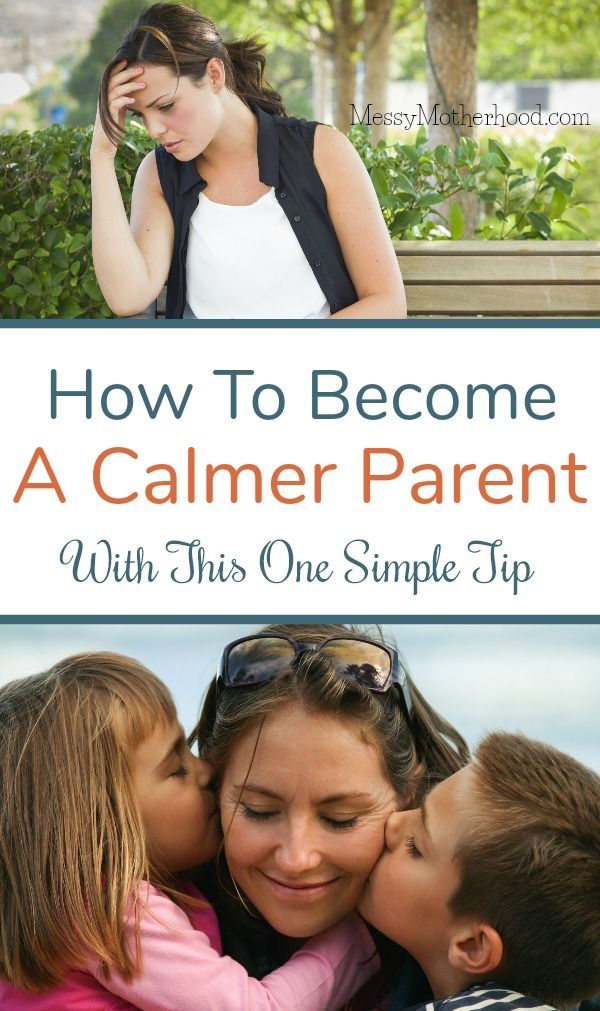 The problem is that we cannot recognize this signal when we are angry. When we enter into a struggle, our children become "enemies" for us. And it begins to seem to us that the signal is that we must defeat our "enemy" - our child!
The problem is that we cannot recognize this signal when we are angry. When we enter into a struggle, our children become "enemies" for us. And it begins to seem to us that the signal is that we must defeat our "enemy" - our child!
The signal is actually that the child needs your help, even when he is being nasty (especially when he is being nasty!).
Maybe we should have put him to bed an hour earlier or spent more time with him, or maybe we just need to let him cry and scream to get rid of the accumulated tears and fears. But we cannot accept this signal and take action when we are controlled by our own fear and anger. Calmness is essential to solve any problem.
So how can you stay calm during a childish tantrum without going over to the dark side? Here is what the psychologist advises, whose recommendations are given by the Aha! parenting.
👉 Be aware of your annoyance
Sometimes we don't even notice that we have already crossed over to the dark side. But, as a rule, we can feel how the irritation grows inside us, how we begin to ignite. What I mean? We begin to mentally enumerate the reasons why we are right, and our children are ungrateful wretches. Once you start to ignite, the firestorm becomes unavoidable. If you find yourself mentally discussing your child in a negative way, STOP. Forget about the reason for the quarrel (for a while). Take a deep breath to stop the frenzied train of your anger.
But, as a rule, we can feel how the irritation grows inside us, how we begin to ignite. What I mean? We begin to mentally enumerate the reasons why we are right, and our children are ungrateful wretches. Once you start to ignite, the firestorm becomes unavoidable. If you find yourself mentally discussing your child in a negative way, STOP. Forget about the reason for the quarrel (for a while). Take a deep breath to stop the frenzied train of your anger.
👉 Pause yourself
Even if you're already down that rabbit hole, even if you're already screaming, STOP. Take a deep breath and press pause. Shut your mouth, even if you didn't finish. There is nothing to be ashamed of, you are learning to manage your anger. You will be shy when you throw a tantrum yourself.
👉 Take a break
Don't try to solve a problem with your child when you're angry. Calm down and regroup so you can hear the signal behind your anger. Are you worried about your child's behavior? Are you angry with your spouse? Are you angry at your child's normal, age-appropriate behavior because you're just really tired?
👉 Feel the emotions in your body
I'm not suggesting that you swallow your anger, just try not to go along with it. Instead, feel the anger bubbling up inside of you. Feel something tighten in your stomach, feel your breath catch in anger. Fill these tense places with your breath. As soon as you become aware of this tension in your body, it immediately begins to change and melt. This is the secret of mindfulness – as soon as we accept our emotions, they begin to disappear.
Instead, feel the anger bubbling up inside of you. Feel something tighten in your stomach, feel your breath catch in anger. Fill these tense places with your breath. As soon as you become aware of this tension in your body, it immediately begins to change and melt. This is the secret of mindfulness – as soon as we accept our emotions, they begin to disappear.
👉 Change your state of mind
To change how you feel about a problem, you need to redirect your thoughts in a different direction. If you think it's time to teach your child a lesson, you'll get angry again. If you remind yourself that he is acting like a child because he is the child who needs your love the most when he deserves it the least, your feelings will begin to change in the right direction.
👉 Start over
Ask your child's forgiveness for being so angry and tell them that now you will start all over again. Take control of yourself this time. Sympathize. Listen to how your child is feeling and try to see the situation from their point of view.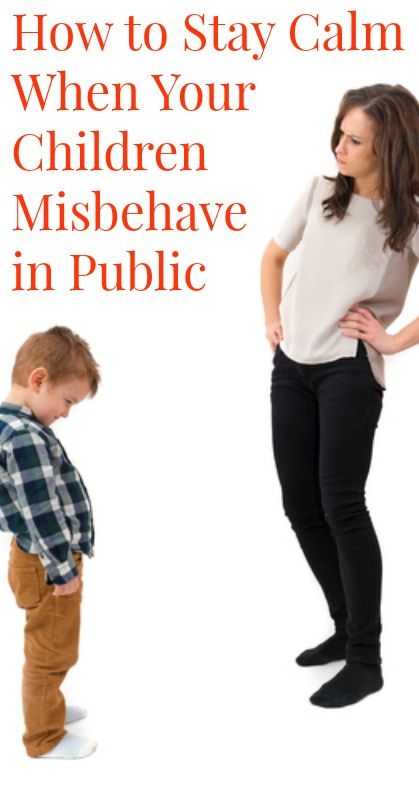 Refrain from looking for someone to blame, but rather try to find a solution that is acceptable to both of you. Perhaps your child broke something (not necessarily something material) - ask him what can be done to fix it. But always start by listening and empathizing.
Refrain from looking for someone to blame, but rather try to find a solution that is acceptable to both of you. Perhaps your child broke something (not necessarily something material) - ask him what can be done to fix it. But always start by listening and empathizing.
👉 Practice constantly
I won't lie to you. It's really hard, it's one of the hardest things you'll ever do. If before that you were acting out of control, now you are teaching your brain new patterns of self-discipline. It takes time. Fortunately, each time you resist anger, you change your brain a little, which means that anger management will become easier and easier for you.
Of course, sometimes you will lose your temper. But if you keep exercising and noticing your emotions, then with each new tantrum of your child, you will notice how you become calmer. At some point, you will notice that it has become very difficult to piss you off in general. You will still act like a child sometimes as long as you live with children, but your reactions will be different.